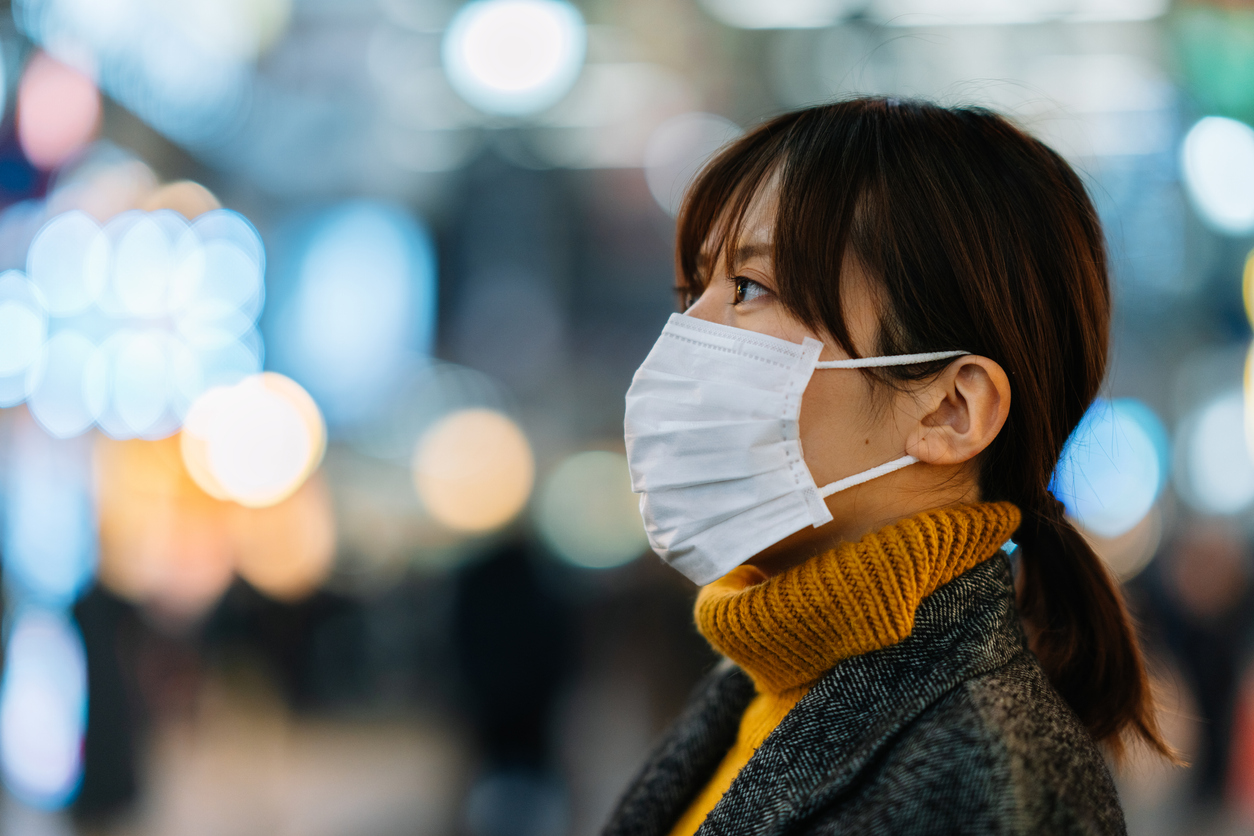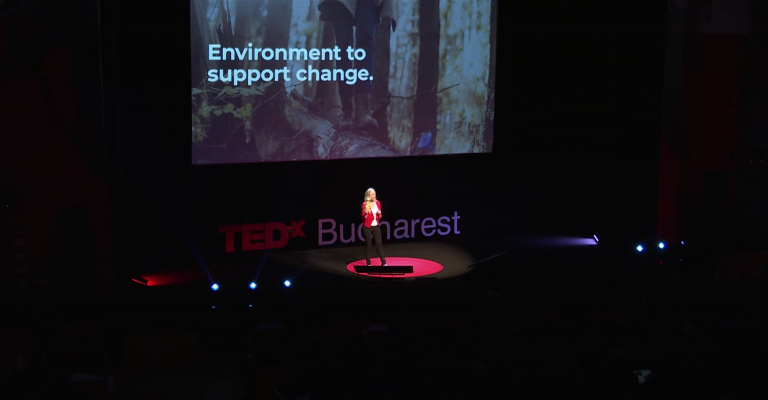Winter Is Coming, Covid Is Staying – 5 Practical Tips to Beat Tiredness When Darkness and Covid-19 Loom Large

I open my eyes and blink. Nothing – still dark. I reach towards the clock on my nightstand. It’s 6:50am, arguably early, but the darkness outside is complete. Gone are the light summer mornings, and the dark months of the year are ahead. It’s November, and we’re facing a second wave of Covid-19 lockdowns. And for some reason, the mere thought makes me tired. This year, to survive winter and lockdown, I would argue that sleep and recovery are perhaps more important than ever.
As I sip my morning coffee to awaken my senses, I reflect on the current situation. Back in March, the lockdown was complete, sudden, and new: we had no idea how dangerous the pandemic would be, or if and how we could work remotely. Now, on the cusp of a second wave, you’d imagine it would feel easier: the imminent fear of death has subsided, we are better at treating those affected, and we have established remote working routines. Yet, the threat of lockdown somehow looms larger. And on this early morning I realise one reason why: on the Northern hemisphere we’re heading into darker, colder times, not lighter and warmer. And the mere idea of lockdown compounded by darkness feels like a heavy weight to bear.
So in this post I’ll share five practical tips for sleep, recovery and combatting tiredness – tips I’ll try to commit to myself this winter. Because alongside slowing the spread of the virus, we should also be slowing the spread of mental health challenges – the second, more silent pandemic, as warned by the World Economic Forum.
Winter is coming, Covid is staying – better get prepared.
Why sleep is now perhaps more important than ever
Even in normal times, the dark winter months of the Northern hemisphere can have a massive effect: in my home country of Finland, up to 85 percent of adults say that seasonal changes affect their mood. But no matter where you live, the reduced light can impact your body and brain: an increased need for sleep, irritability, lack of energy, and an inflated sweet tooth are symptoms of the syndrome known as seasonal affective disorder, aptly abbreviated SAD.
Why does this happen? The exact links are not fully clear, but the reduction in sunlight is associated with the following physiological changes:
- A drop in the brain’s serotonin levels, which may lead to low mood and feelings of depression
- Disrupted melatonin balance, which plays a role in sleep patterns and mood regulation
- A change in the body’s circadian rhythm, which can disrupt your natural internal clock. Back in 1981 Dr. Charles Czeisler of Harvard Medical School showed how daylight keeps a person’s internal clock aligned with the environment. You may, for example, feel tired but be unable to sleep, feel tired at odd hours, or feel constantly tired even though you’re sleeping enough.
This year, as many of us are destined to spend our days within the confines of our apartment, and the incentives to get up and go out are fewer and further apart, it is more important than ever to combat the end-of-year symptoms of tiredness, irritability, and low natural light. Here are a few ways how.
1. “Walk to work” – even if you’re working remotely
Many of us are quite happy to be rid of the commute to work, especially if it’s a long one. But for all its drawbacks, in normal times the commute provides a daily dose of natural light. Even better, it gives you that light in the morning and in the evening, which helps regulate your circadian rhythm.
So here’s a concrete tip: try to simulate the commute with a “walk to work”. Start the day with a short walk: walk around the block, pick up a takeaway coffee from a local café, or see where 2,000 steps on your Fitbit take you.
2. Work by the light
Light at the beginning and end of the day mark the proper rhythm, but we really should be getting as much light as possible. The further North you live, the more extra light you need. Get an artificial light, take walking meetings during the day, or do like me: place your laptop by the window so you’re facing the light all day. This is at least one benefit of remote work: we’re not stuffed into a cubicle somewhere, but we can at least try to optimise our working station at home for maximum light.
And if you decide to add a bright light to your work-from-home set-up, here’s a simple evidence-based recipe: using a 10,000 lux bright light lamp, get exposure for 30 minutes per day, every day, ideally first thing in the morning. Alternatively, if you do an early morning walk, do it directly as you sit down to work.
3. Set a prepare-for-sleep alarm
Most of our recovery happens during sleep, and the secret to good sleep is a consistent sleep schedule. But I know from personal experience how hard this is. We promise ourselves an early night, but once evening comes, the promise is lost: there’s always one more episode of The Crown, one more article, one more downward scroll…
Try this: Count back 8 hours from your wake-up time: that’s your bedtime. Add one or two more hours, and you have your “prepare-for-sleep” time. Then set a recurring alarm on your phone. This is your cue to start switching off – when it rings you know it’s the angel on your shoulder slowly sending you off to bed. Turn off your email, maybe read a book, stretch or do a short meditation. How many nights in a week can you make it?
4. Schedule in micro-breaks
When my coach looked at my sleep data prior to Covid, he noticed something interesting. Several nights were cut short due to an early morning flight, but during the same days, I had multiple moments of micro-recovery: take-offs and landings, airport security lines, taxi rides in the city… With a lighter travel schedule since Covid I’m actually sleeping much more and much better. But with back-to-back Zoom calls, my biggest challenge now is the daily monotony.
My coach reminded me of the basics: schedule 25min and 45min meetings to allow time for breaks. Take an actual lunch break – away from your desk and without your phone. Open your calendar and designate one meeting per day as a walking meeting.
5. Swap social media for traditional phone calls
Blue light is the modern enemy – especially of sleep. Two hours of screen exposure can suppress melatonin secretion by 22% – which basically means our body is confused about whether it should sleep or be awake. Instead of keeping contact with your friends over WhatsApp or social media late into the night, go back to the basics: suggest a traditional phone call. You’ll connect better, avoid the blue light, and ease the lockdown isolation – your own and that of your friend.
At best, the winter months ahead of us can be filled with cozy dark evenings at home in the candlelight. But to enjoy that cozyness, we need to proactively care for our mood and energy, and combat end-of-year tiredness. What’s more, every cloud does have a silver-lining: so far, some data is showing people sleeping more during Covid-19. Perhaps 2020 could become your best year for sleep?



